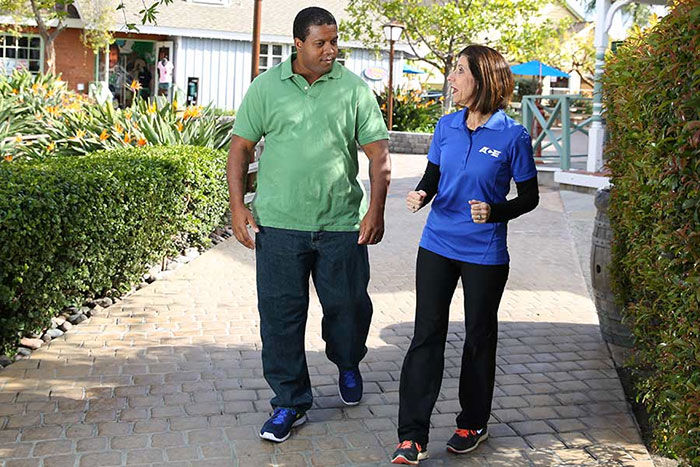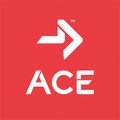 Today marks a big day for ACE advocacy efforts to create opportunities for exercise professionals at the intersection of fitness and healthcare. For the first time, an independent national recommending authority has named exercise professionals among the professions qualified to deliver behavior change programming -- which includes structured, supervised physical activity -- as part of the healthcare system. Here at ACE, we’re celebrating the positive implications this may have for not only the professional but also for the population at large. For a country in which the majority of its population is at risk of preventable disease – a country with a healthcare system ready to innovate to keep people from getting sick in the first place and thus needing more costly interventions later -- the news is great.
Today marks a big day for ACE advocacy efforts to create opportunities for exercise professionals at the intersection of fitness and healthcare. For the first time, an independent national recommending authority has named exercise professionals among the professions qualified to deliver behavior change programming -- which includes structured, supervised physical activity -- as part of the healthcare system. Here at ACE, we’re celebrating the positive implications this may have for not only the professional but also for the population at large. For a country in which the majority of its population is at risk of preventable disease – a country with a healthcare system ready to innovate to keep people from getting sick in the first place and thus needing more costly interventions later -- the news is great.
The U.S. Preventive Services Task Force (USPSTF) recently released a recommendation that overweight or obese adults with at least one additional risk factor for cardiovascular disease be offered or referred for behavior-change counseling interventions that promote healthy diet and exercise for cardiovascular disease prevention. The Task Force specifically identified exercise professionals, alongside a select group of trained health professionals, to supply these services.
The recommendation followed an analysis of 74 published studies that demonstrated behavior change dietary and physical activity interventions were effective in helping people lose weight and reduce lipid levels, blood pressure and glucose levels. When making recommendations, the USPSTF assigns one of five letter grades (A, B, C, D or I) based on research findings. Because of the outcomes of the analysis, the recommendation was given a Grade B rating. This is significant in that both grades A and B ratings have a moderate to high level of certainty regarding strength of evidence and magnitude of net benefit of implementation outcomes. They also carry with them a suggestion to clinicians to discuss, offer and/or recommend the service. Public spotlight in the healthcare realm has been shed on exercise professionals and their ability to impact the population in a cost and outcome-effective way and create a healthier nation.
Though it is a big step for the fitness industry and one of great importance to ACE and our advocacy efforts, it demonstrates the need for more work to be done to ensure that the exercise professionals who provide these important services are credentialed to the same rigorous standards as the other trained health professionals named in the recommendation. ACE believes that NCCA-accredited exercise certification programs should be considered as an eligibility criteria for prospective providers and as the foundation for any regulatory effort, such as registry and/or licensure. This will help policymakers, physicians, other health professionals, and consumers to build the trust and confidence in exercise professionals as a credible resource that extends the clinic into the community to support the fight against obesity and chronic disease.
Cardiovascular disease is the leading causes of death in the U.S., with nearly 50 percent of all adults having at least one risk factor for cardiovascular disease such as high blood pressure, high cholesterol, overweight or obese, or smoking. Furthermore, nearly 70 percent of all U.S. adults classify as overweight or obese, meaning they are at increased risk. This means a significant portion of the population could be referred to health and fitness professionals for behavior-change interventions including physical activity that could effectively reduce the risk of cardiovascular disease.
The recommendation is a significant milestone for well-trained, certified exercise professionals and health coaches, as it sets the stage to become part of a network of health professionals working together to extend the clinic into the community. The Task Force recommendation holds a lot of potential for the future of ACE and other certified, exercise professionals and health coaches, and also serves as another example of the power of exercise and behavior-change counseling as a form of effective disease prevention.
To read a fact sheet on the USPSTF’s full “Behavioral Counseling to Promote a Healthy Diet and Physical Activity for Cardiovascular Disease Prevention in Adults with Known Risk Factors with access to the full report,” click here .




 by
by 




